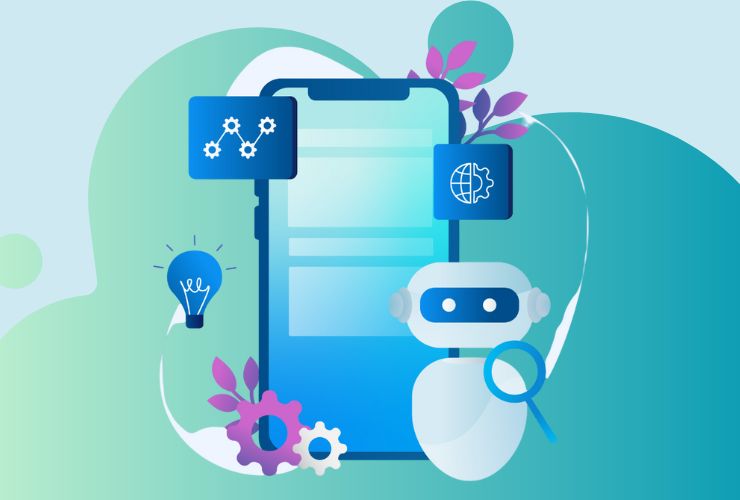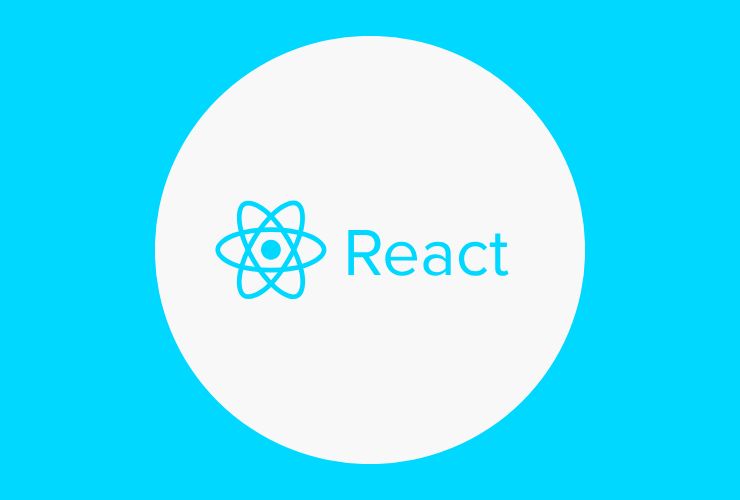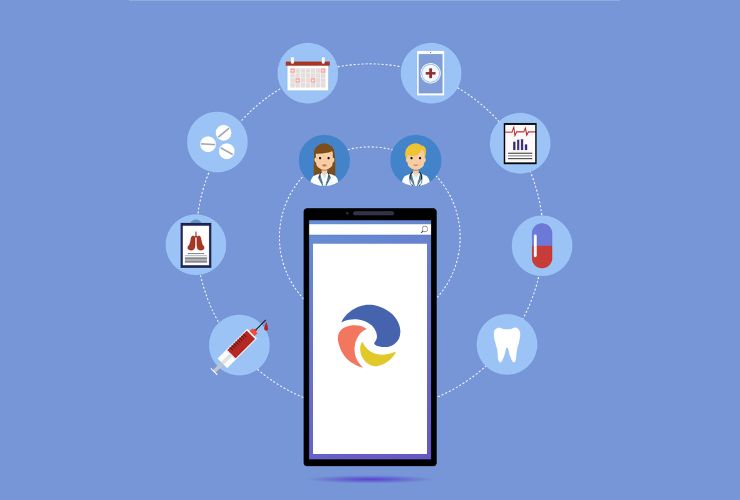Hybrid applications have evolved into powerful, intelligent, applications that provide equal experiences to native experiences, from being just basic cross-platform solutions. Artificial Intelligence (AI) and Machine Learning (ML) are driving this evolution by transforming how developers build hybrid apps. These technologies aren’t just buzzwords — companies now apply them in real-world scenarios to change how hybrid apps work and the value they deliver to users and businesses alike.
When hybrid applications came to market, the majority of software development firms saw them as a balance of cost versus performance – an app that would have the benefits of cross-platform development with little time, and development cost savings. However hybrid applications limited smooth, highly interactive and personalized user interactions. However, that thought process is changing rapidly because AI and ML are empowering hybrid applications to provide smarter, more personalized, and more efficient user experiences and closing the gap on pure native.
More Intelligent User Engagement with Artificial Intelligence and Machine Learning
One of the most demonstrable effects of utilizing AI (artificial intelligence) and ML (machine learning) in hybrid apps is the improvement of user engagement. User engagement attribute features such as real-time chatbots, voice assistants and intelligent search are already standard features in modern hybrid apps.
AI driven chatbots can answer customer queries immediately, 24/7, give the right answers and resolve issues without human intervention. They also learn something from every interaction and become better suited to answering queries. By using voice recognition and natural language processing (NLP), hybrid apps can accept spoken commands and queries via AI and ML, which typically means better user experience and accessibility for users.
Engagement features such as recommendation engines (ML powered) analyze user preferences based on behavior to suggest products, services or content of interest similar to what they were looking for. Previously, only the largest native apps like Netflix and Amazon offered features like this, but now even small businesses can use similar ML models in hybrid apps to boost user engagement and conversions.
Improved Security and Fraud Monitoring
Security has always ranked highly on the list of concerns with both app developers and users. Incorporating AI and ML will function better to help protect against threats in real time and assist in creating an environment for fraud detection.
AI can recognize suspicious activity and security events sooner than the legacy security systems. For example, ML algorithms can distinguish between user behaviors and flag alerts when something unusual is being attempted such as, or when a user is trying to log in that is identified as unusual based on behavioral modeling and anticipated user actions. Many hybrid banking and fintech apps are now incorporating biometric authentication enabled by AI, such as, using facial recognition or fingerprint scanning to enable a user to access their funds while providing an additional layer of security and ease of use.
Predictive Analytics to Aid Better Business Decisions
AI and ML make hybrid apps capable of collecting and analyzing vast amounts of data they can then apply within direct user interaction. Predictive analytics allow businesses to predict future behavior in order to unveil trends by utilizing much of the data and analytics, that made accessible to these users was not able to capitalize on prior to this function being embedded in an app.
Once again, a hybrid e-commerce app can determine which items are going to sell out during a seasonal sale so businesses can focus on resourcing and inventory management in advance. Retailers can assess buying patterns and launch targeted marketing campaigns that were relevant to their specific needs. Companies are now able to utilize data and analytics to assist them in making more profitable decisions and improving ROI for these users by providing a service consistent with customer service.
Automating Repetitive Work
Artificial intelligence (AI) and machine learning (ML) show a significant advantage in hybrid apps in their ability to automate work. AI can handle repetitive tasks without human intervention. For example, AI-powered apps can sort emails, schedule appointments, and allocate tickets into categories much faster than humans can, allowing the humans to engage in more strategic work.
For example, similar AI-driven tools are emerging in healthcare app usage. Many telemedicine hybrid apps already use AI to collect patient information, schedule appointments automatically, and even perform an initial symptom check before a patient talks to a doctor. This creates a more seamless workflow for the technology provider, reducing errors and overall throughput.
Optimizing App Efficiency
Similar to other advantages discussed above, AI and ML technologies can help hybrid apps perform more efficiently. By using ML algorithms that look at user flow metrics combined with user action in the app (e.g., where users drop off in the workflow, where users spend time or need help, etc.) app developers gains greater knowledge of how users navigate in the app. This helps app developers improve app efficiency, app loading speeds and adjust the user journey.
Some hybrid apps even have AI capabilities like adjusting automatically based on current network conditions or device performance, smoothing out user experience on less optimal connections or older devices.
Looking Ahead Towards the Future of Hybrid Apps with AI and ML
The future is bright for hybrid apps because AI and ML technologies are advancing. Emerging trends such as generative AI, computer vision, and emotion detection are designed to expand what hybrid apps can do, giving them more context awareness and adaptability.
Consider hybrid apps that dynamically create personalized content, recognize objects in images, and update their interface depending on the user’s mood, behavior, and experiences. As high-speed 5G connectivity develops, real-time AI processing will get faster and more reliable with ongoing technological advancements.
Final Thoughts
AI and ML are more than just convenient features in next-gen hybrid apps; they are a complete shift in the expected development of how these apps are designed, delivered, and used.
Now is the perfect time for businesses and developers to seek ways to leverage the power of AI and ML to enhance their hybrid apps to improve user experiences that are smarter, safer, and significantly more personalized to create value that cultivates loyal users.
Contact Us Today













 Database Development
Database Development












































